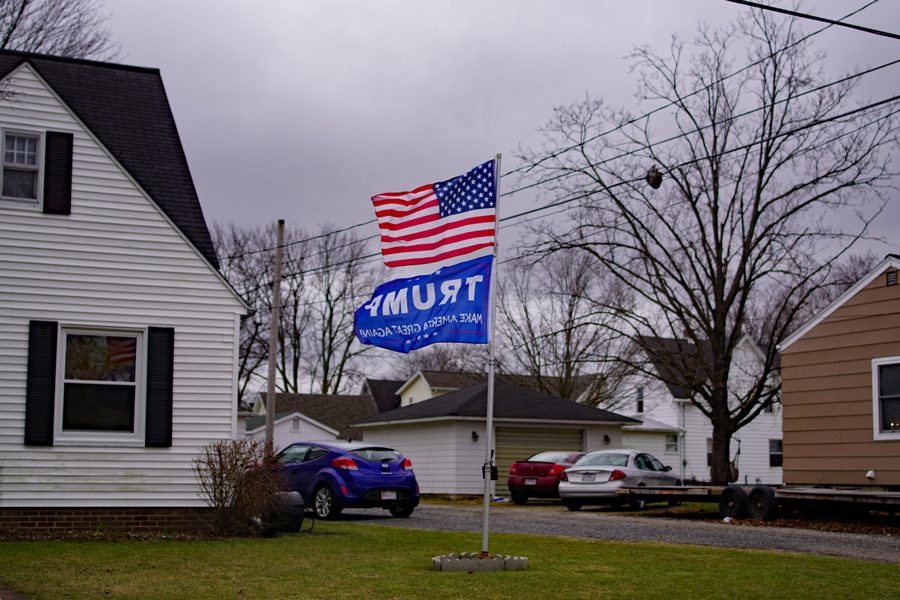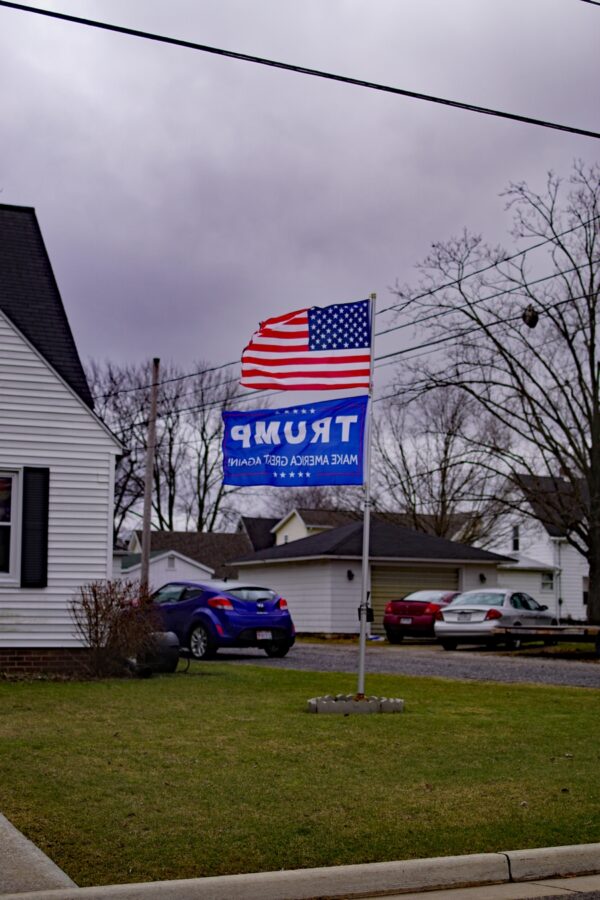
The Sounds of Fundamentalism is a series that I would like readers to help me with. If you know of a video clip that shows the crazy, cantankerous, or contradictory side of Evangelical Christianity, please send me an email with the name or link to the video. Please do not leave suggestions in the comment section. Let’s have some fun!
Today’s Sound of Fundamentalism is a video clip of DeAnna Lorraine whining about being required to wear a mask.
Ms. DeAnna Lorraine is a recent Republican, “anti-establishment” Congressional Candidate who just completed her widely watched run against political Goliath Nancy Pelosi, the Speaker of the House, in California’s 12th Congressional District (San Francisco). Although she ultimately lost her race to a radical Socialist, her battle was hard fought and won the hearts of Americans all across the nation with her guts, refreshing honesty, and bold, unconventional campaign strategies. Everyone loved her Pelosi for Prison campaign where she bravely had a plane fly a giant 80 by 25-foot “Pelosi for Prison” banner in Pelosi’s very liberal district of San Francisco – and she intends to keep flying it throughout the year! DeAnna is also a popular YouTube Host, Conservative Political and Culture commentator, Author of ‘Making Love Great Again!’ and Host of her podcast and Internet show Taking Back America with DeAnna Lorraine.
As a former Personal Development Counselor turned outspoken political & culture warrior, she is famous for talking boldly about the destructive impacts of Liberalism and Feminism and how they’re destroying our relationships, the family – and our country on the whole. She invites everyone to join her in the fight of the millennium to take our country back.
Bruce Gerencser, 68, lives in rural Northwest Ohio with his wife of 47 years. He and his wife have six grown children and sixteen grandchildren. Bruce pastored Evangelical churches for twenty-five years in Ohio, Texas, and Michigan. Bruce left the ministry in 2005, and in 2008 he left Christianity. Bruce is now a humanist and an atheist.
Your comments are welcome and appreciated. All first-time comments are moderated. Please read the commenting rules before commenting.
You can email Bruce via the Contact Form.



